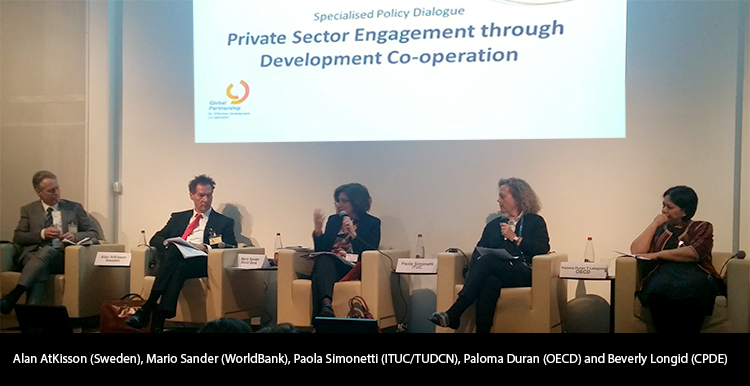On January 2019, the Organisation for Economic Co-operation and Development, notably the Directorate for Development Cooperation (DCD), gathered the development community in Paris, France, during its annual week on Private Finance for Sustainable Development (PF4SD). The Trade Union Advisory Committee to the OECD (TUAC) and the International Trade Union Confederation / Trade Union Development Cooperation Network (ITUC/TUDCN) participated in the discussions.
With the adoption of the Sustainable Development Goals (SDGs), the following emerging question has been how to finance those ambitious goals. The development community has been increasingly looking at private capital as one of the key sources to solve the equation. However, despite much debate, it is still unclear what working with the private sector means in the context of development cooperation – starting by which private sector actors (multinationals or domestic enterprises, associations or SMEs, cooperatives or financial intermediaries) or how to engage them. Nor it is clear to what extent other forms of development cooperation, such as budget support to States, will be affected. Furthermore, there is limited information on the existing tools and practices to ensure that the engagement with the private sector is effective and contributes to achieving the SDGs.
Trade unions are of the opinion that any initiatives initiative to increase private sector investments in development must comply with internationally agreed human rights commitments and must not compromise the principle of country ownership - a core principle of the Nairobi development effectiveness agenda. Social dialogue is critical in this respect, granting implementation of labour rights and democratic governance – as recognised by the Global Partnership for Effective Development Cooperation (GPEDC) Business Caucus itself in its statement.
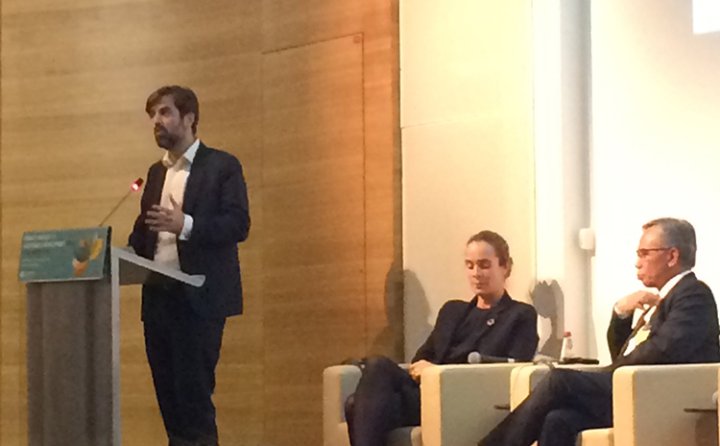 Pierre Habbard (TUAC), addressing audience during the Forum"
Pierre Habbard (TUAC), addressing audience during the Forum"
As Pierre Habbard, General Secretary of TUAC, said at the opening of the PF4SD week “the times of voluntary initiatives are gone. We need to go beyond mere talks and shift towards a real contractual engagement amongst social partners”. Thus, “there is a need to strengthen the standards for disclosure on social, economic and environmental impact, labour and human rights”.
“Alignment with the SDGs and the development effectiveness principles is even more stringent when public development finance is supporting private sector investments.
![]() Paola Simonetti, Deputy Director Economic and Social Policy Department at ITUC.
Paola Simonetti, Deputy Director Economic and Social Policy Department at ITUC.
Furthermore, results must show that infrastructure, services and goods are additional, accessible and affordable for all and without discrimination. That the jobs created are based on freedom of association and collective bargaining, fair wages, social protection, as well as, that the income generated at country level is in favour of the domestic country system, including taxes and social contributions.
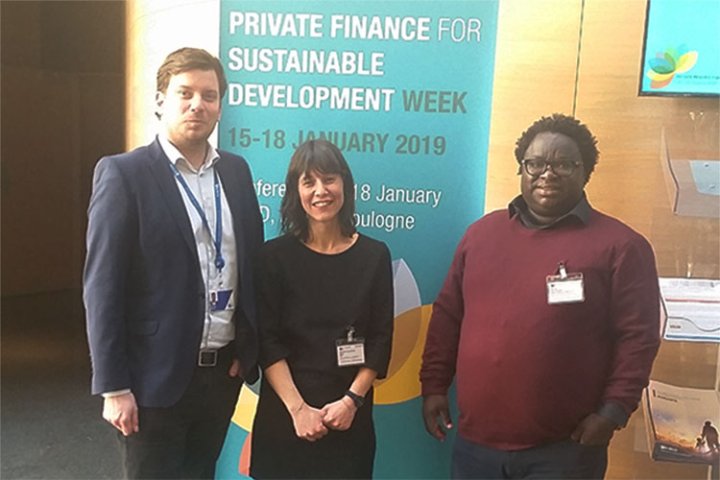 Left to right: Rasmus Raabjerg Nilssen (TUAC), Nerea Craviotto (ITUC/TUDCN) and Alex Nkosi (ITUC-Africa)
Left to right: Rasmus Raabjerg Nilssen (TUAC), Nerea Craviotto (ITUC/TUDCN) and Alex Nkosi (ITUC-Africa)
Discussions at the PF4SD week triggered lot of debate around the challenges and opportunities with the involvement of private sector in development. However, further important steps need to be done taken to ensure compliance with human rights standards, labour rights and development effectiveness principles.
Related resources
ITUC/TUDCN has produced an advocacy package composed of a series of publications that explain the position and key asks of trade unions to governments and the national development financial institutions regarding the engagement of the private sector in development cooperation.
![]() Research paper: Aligning blended finance to development effectiveness: where we are at
Research paper: Aligning blended finance to development effectiveness: where we are at
![]() Country brief: Blended finance in development: Chile
Country brief: Blended finance in development: Chile
![]() Country brief: Blended finance in development: the Philippines
Country brief: Blended finance in development: the Philippines
![]() Trade unions’ key asks: Aligning private sector investments in development with the SDGs
Trade unions’ key asks: Aligning private sector investments in development with the SDGs
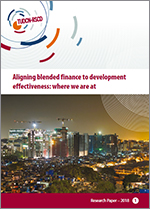 |
 |
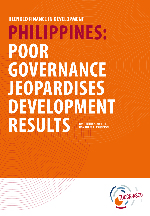 |
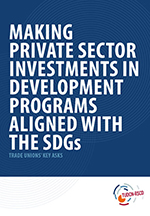 |

